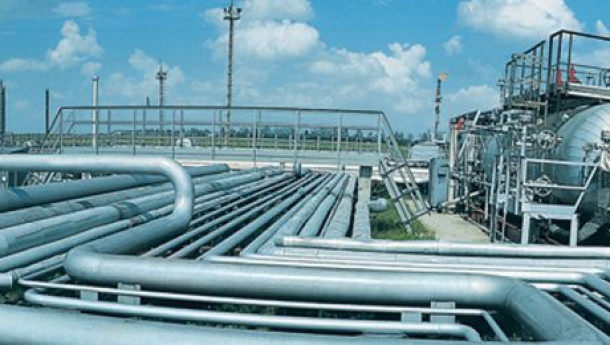
The goal of exporting natural gas from plot 12 by 2020 may prove optimistic, according to a study of the Institute for Energy Studies of the University of Oxford.
The study estimates that even the transferred availability of natural gas in domestic market to 2017-2018 and its extraction two years later may prove optimistic, as there are a range of economic, geopolitical and institutional challenges that must be addressed to before Cyprus can fully exploit its natural wealth.
Big savings
The study, released on Friday, brings out the big savings that Cyprus will enjoy with the natural gas use. The author of the study, senior visiting research fellow of the Institute, Anastasios Giamouridis, estimates that if Cyprus was using natural gas could have saved almost €1.1 billion for 2010 alone.
Based on the study, Cyprus’s needs in natural gas might reach 1.7 billion cubic meters annually by 2025, although it is very likely to prove smaller.
Domestic market is small
Given the relatively small domestic market, Noble will insist on a simultaneous construction of liquefaction terminal to be able to inject the rest of production to other markets.
Based on current economic data, however, it is not yet certain whether deposits in plot 12 justify the cost of construction of a liquefaction terminal.
The improvement of the unit cost of the entire liquefaction project will require finding new sources from the second licensing round, which will take years.
Another solution is of course the cooperation with Israel, which due to the large deposits of the neighboring country, it will give the terminal a 'critical mass' needed to reduce the cost of liquefaction.
The discovery of oil would change - according to the study - the economics of the entire project, reducing the production costs and thus making the liquefaction project more economically viable.
For this reason, the new Noble assessment, in late 2012 or early 2013, is of exceptional importance for the economic exploitation of the deposits in "12."
Liquefaction gives flexibility
The study evaluates different scenarios for the economic exploitation of the deposits, such as its transportation via pipeline to Greece or even Turkey.
The study recommends, among others, the more active involvement of the Greek authorities in potential solutions for Cyprus, including the construction of liquefaction terminal, perhaps by acquiring a small stake.
The solution promoted by the Cypriot government - that of the liquefaction terminal in Vassiliko - offers a significant advantage: it enables the export of natural gas where prices are relatively high, such as Asia.
Gas prices and the resulting profit margins in the Asian markets are typically higher than those of Europe.
However, there are some inhibiting factors such as the relatively high cost of liquefaction (although the unit costs can be reduced by any future extensions of facilities), the high transport costs, the inherent uncertainty in relation to future demand in Asia, the exposure to fluctuations in oil prices and possible changes in the way of pricing.
There are also plans to develop additional liquefaction terminals around the world that would be competitive to that of Cyprus.
Cooperation with Israel and Noble
Although the study welcomes cooperation with Israel, for both economic and political reasons, it identifies a series of strategic dilemmas for Cyprus.
First, there is the possibility of Cyprus becoming a liquefaction center of Israel only, and therefore, having no strategic control over its assets – i.e. losing the flexibility that the liquefaction terminal would give.
Second, the strategic relationship with Israel would possibly discourage the involvement of some international companies with significant presence in the Middle East, depriving from Cyprus partners with the expertise to build the liquefaction terminal.
The study notes that the Noble hired Citibank to identify partners with expertise and funds for the liquefaction terminal, but it remains uncertain whether it will find them, because many of those who have such expertise are related to Arab countries that are hostile to Israel.
The Turkish threats
The study also commented on the geopolitical challenges that this venture faces due to Turkey’s negative attitude.
It was also stressed a possible connection of Turkish threats with the fact that the west plots 1 and 4 did not receive bids in the second licensing round.
On the other hand, however, plots 5, 6 and 7 (and all eastern plots) whose ownership has also been questioned (with different arguments in each case), have received offers.
The general interest shown in the second round boosts argument that the interested parties were not discouraged by Turkish threats, especially in relation to illegal agreements in the occupied north, the study said.
Institutional Gordian knot
Beyond economic and geopolitical challenges, the study analyzed and institutional weaknesses that Cyprus faces in regulating issues concerning natural gas.
It referred to the many organizations and committees involved hydrocarbons and the legal complications created by the recently voted law and petitions to the Supreme Court.
The dispute between former Commerce Minister and Director for Energy may discourage investments and limit the opportunity for optimal use of the momentum.
Finally, the study referred to the administrative capacity of Cyprus to deal with the issue of the second licensing round and even alongside with the EU presidency.
The study estimates that even the transferred availability of natural gas in domestic market to 2017-2018 and its extraction two years later may prove optimistic, as there are a range of economic, geopolitical and institutional challenges that must be addressed to before Cyprus can fully exploit its natural wealth.
Big savings
The study, released on Friday, brings out the big savings that Cyprus will enjoy with the natural gas use. The author of the study, senior visiting research fellow of the Institute, Anastasios Giamouridis, estimates that if Cyprus was using natural gas could have saved almost €1.1 billion for 2010 alone.
Based on the study, Cyprus’s needs in natural gas might reach 1.7 billion cubic meters annually by 2025, although it is very likely to prove smaller.
Domestic market is small
Given the relatively small domestic market, Noble will insist on a simultaneous construction of liquefaction terminal to be able to inject the rest of production to other markets.
Based on current economic data, however, it is not yet certain whether deposits in plot 12 justify the cost of construction of a liquefaction terminal.
The improvement of the unit cost of the entire liquefaction project will require finding new sources from the second licensing round, which will take years.
Another solution is of course the cooperation with Israel, which due to the large deposits of the neighboring country, it will give the terminal a 'critical mass' needed to reduce the cost of liquefaction.
The discovery of oil would change - according to the study - the economics of the entire project, reducing the production costs and thus making the liquefaction project more economically viable.
For this reason, the new Noble assessment, in late 2012 or early 2013, is of exceptional importance for the economic exploitation of the deposits in "12."
Liquefaction gives flexibility
The study evaluates different scenarios for the economic exploitation of the deposits, such as its transportation via pipeline to Greece or even Turkey.
The study recommends, among others, the more active involvement of the Greek authorities in potential solutions for Cyprus, including the construction of liquefaction terminal, perhaps by acquiring a small stake.
The solution promoted by the Cypriot government - that of the liquefaction terminal in Vassiliko - offers a significant advantage: it enables the export of natural gas where prices are relatively high, such as Asia.
Gas prices and the resulting profit margins in the Asian markets are typically higher than those of Europe.
However, there are some inhibiting factors such as the relatively high cost of liquefaction (although the unit costs can be reduced by any future extensions of facilities), the high transport costs, the inherent uncertainty in relation to future demand in Asia, the exposure to fluctuations in oil prices and possible changes in the way of pricing.
There are also plans to develop additional liquefaction terminals around the world that would be competitive to that of Cyprus.
Cooperation with Israel and Noble
Although the study welcomes cooperation with Israel, for both economic and political reasons, it identifies a series of strategic dilemmas for Cyprus.
First, there is the possibility of Cyprus becoming a liquefaction center of Israel only, and therefore, having no strategic control over its assets – i.e. losing the flexibility that the liquefaction terminal would give.
Second, the strategic relationship with Israel would possibly discourage the involvement of some international companies with significant presence in the Middle East, depriving from Cyprus partners with the expertise to build the liquefaction terminal.
The study notes that the Noble hired Citibank to identify partners with expertise and funds for the liquefaction terminal, but it remains uncertain whether it will find them, because many of those who have such expertise are related to Arab countries that are hostile to Israel.
The Turkish threats
The study also commented on the geopolitical challenges that this venture faces due to Turkey’s negative attitude.
It was also stressed a possible connection of Turkish threats with the fact that the west plots 1 and 4 did not receive bids in the second licensing round.
On the other hand, however, plots 5, 6 and 7 (and all eastern plots) whose ownership has also been questioned (with different arguments in each case), have received offers.
The general interest shown in the second round boosts argument that the interested parties were not discouraged by Turkish threats, especially in relation to illegal agreements in the occupied north, the study said.
Institutional Gordian knot
Beyond economic and geopolitical challenges, the study analyzed and institutional weaknesses that Cyprus faces in regulating issues concerning natural gas.
It referred to the many organizations and committees involved hydrocarbons and the legal complications created by the recently voted law and petitions to the Supreme Court.
The dispute between former Commerce Minister and Director for Energy may discourage investments and limit the opportunity for optimal use of the momentum.
Finally, the study referred to the administrative capacity of Cyprus to deal with the issue of the second licensing round and even alongside with the EU presidency.


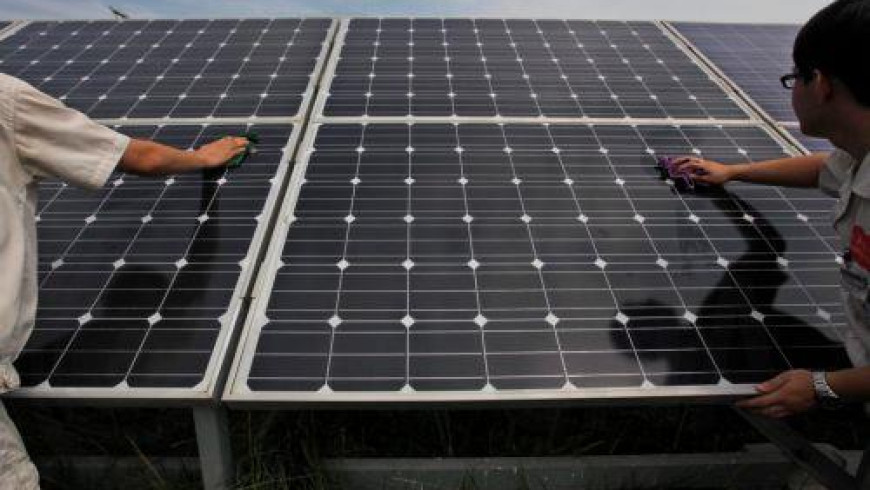
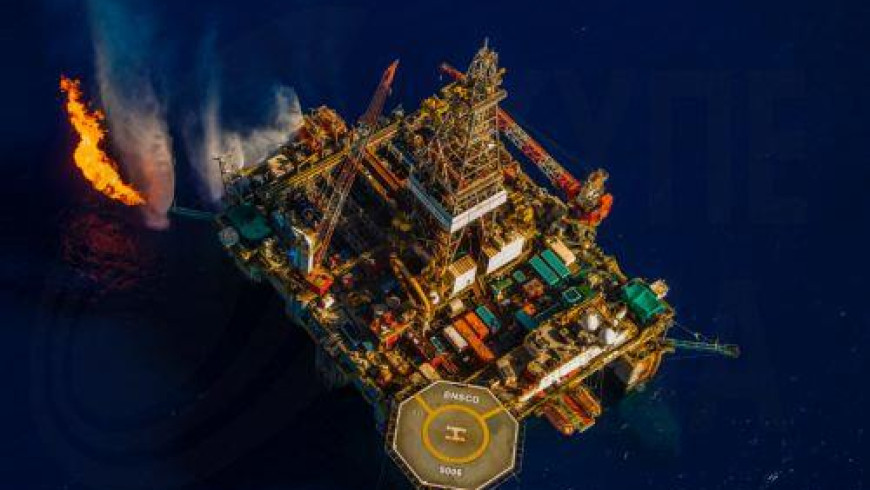
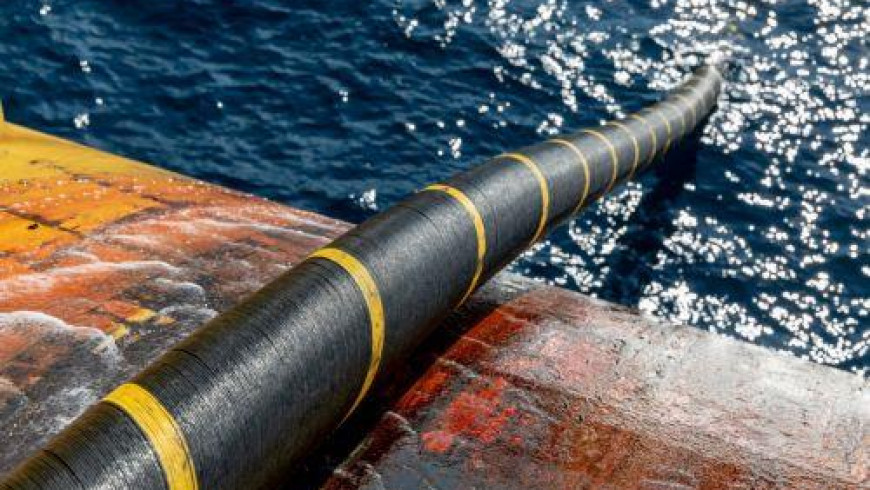
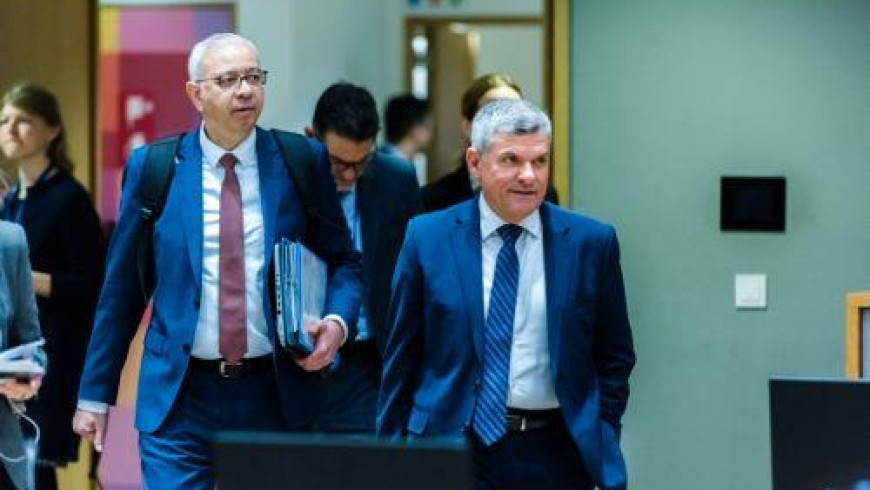
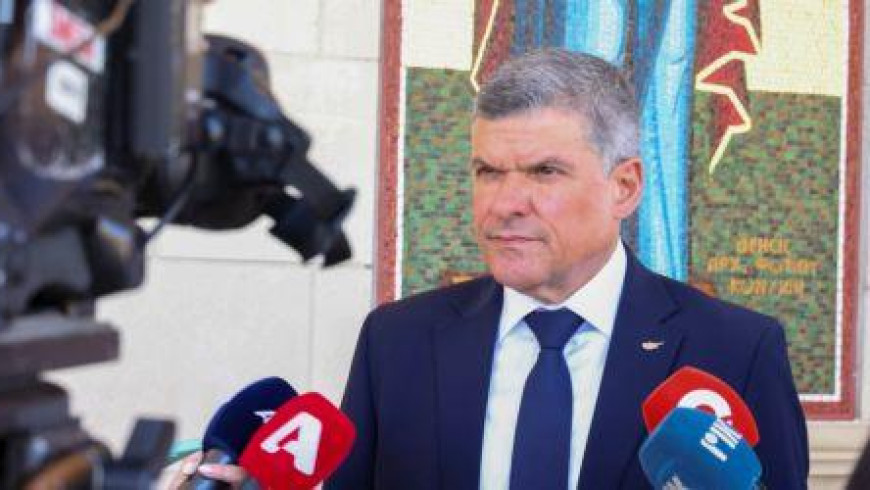
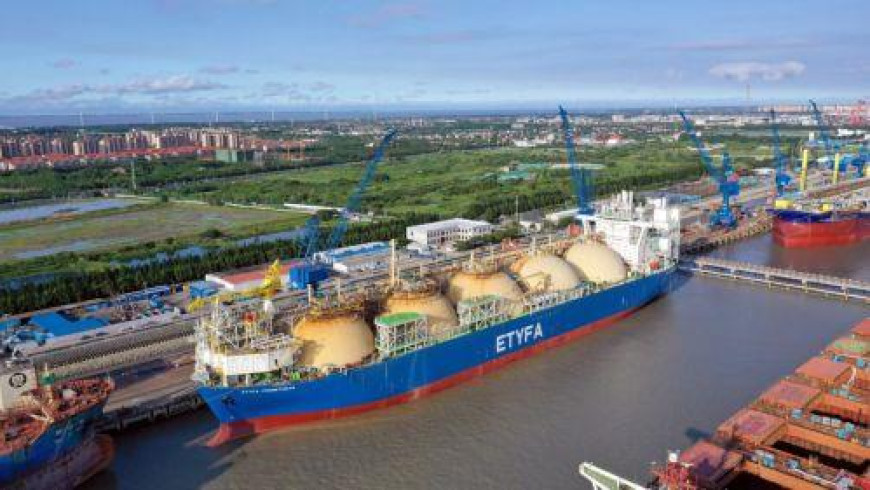
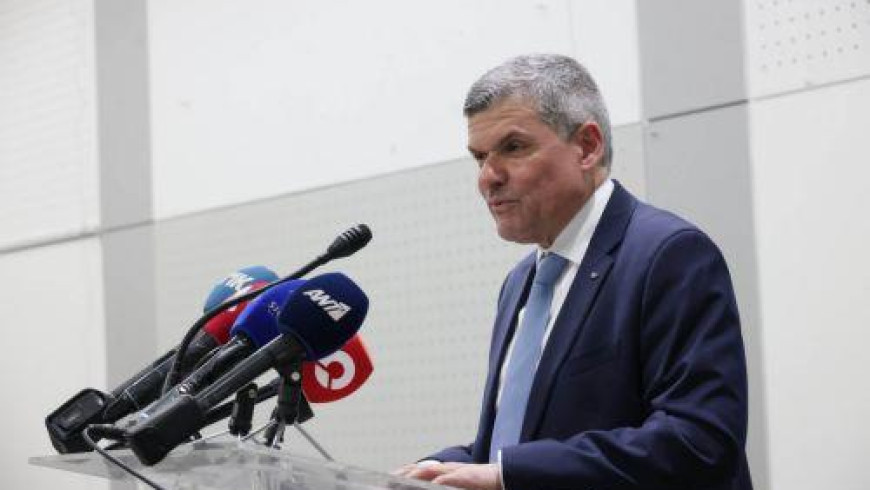




 3287.99
3287.99 1275.09
1275.09
